After 25 Years In The Dark, The CDC Wants To Study The True Toll Of Guns In America

Enlarge this image
The conversation around gun violence in the U.S. usually focuses on homicides and mass shootings, and there is little information about the public health, financial, psychological and social toll of nonfatal gun injuries.
Nicole Xu for NPR
hide caption
toggle caption
Nicole Xu for NPR
Criminal Justice Collaborative
Did Record Gun Sales Cause A Spike In Gun Crime? Researchers Say It’s Complicated
We know from Centers for Disease Control and Prevention data that just over 100 people, on average, are killed by firearms in the U.S. every day. That includes crimes, suicides, gun accidents and shootings involving law enforcement.
But how often is someone injured by a firearm in America? Why, how and what kinds of weapons are used? What are the underlying causes? What’s the relationship between shooter and victim? What evidence-based, scalable programs work best to help prevent criminal shootings, accidents and suicides? On these and other questions, people in public health, criminal justice, policing and academia admit they lack full and adequate answers.
Business
1st-Time Gun Buyers Help Push Record U.S. Gun Sales Amid String Of Mass Shootings
They’re partly in the dark because for more than two decades, the gun lobby and Republican allies in Congress effectively blocked federal funding for firearms research, arguing that such study would undermine the constitutional rights of lawful gun owners.
As a result of that and other factors, experts say, in-depth gun-data collection and sharing in the U.S. is a tangled mess that undermines objective research on programs and policies intended to prevent firearm injury, suicide and criminal violence.
The CDC under Dr. Rochelle Walensky says that will now, finally, start to change.
And for the thousands of Americans affected, survival and recovery from gun injuries look very different for each individual. Here are a few of their stories.
Jennifer Longdon, Phoenix:
Enlarge this image
Jennifer Longdon and her fiancé were getting tacos when both were shot by an unknown assailant. Today she’s an Arizona state lawmaker. Gun violence prevention and disability rights are her top priorities.
Michael Ging
hide caption
toggle caption
Michael Ging
Laura Morris was caught in an escalating cycle of abuse at the hands of her former husband. One night he shot her through the shoulder. Today she helps others who’ve survived gun injuries and domestic abuse.
Laura Morris
hide caption
toggle caption
Laura Morris
Laura Morris, Annapolis, Md.:
In her 20s, Laura Morris was married to an abusive man with alcohol and drug problems. The physical and emotional torment, she says, steadily got worse, especially when he was drunk or high.
«He would beat me and berate me, Morris says.
One night after heavy drinking, he returned home and, as usual, began threatening and assaulting her. But this time he brandished an unregistered handgun he’d bought for $25 at a local bar.
«He pushed me on the sofa and put the gun to my stomach and said, ‘Gut shots hurt the worst,’ Morris says.
Morris is not really sure what happened next. She heard the gun go off. She felt frozen, unable to move.
«And I thought, ‘Oh, my God, he actually killed me.’ And I just, I remember just sitting there thinking, ‘OK, what happens now?’ And all the thoughts go through your head: Who’s going to find my body? What’s going to happen to my son? You know, all these things, she says.
Her husband fell to the living room floor, drunk and despondent, shouting, «I killed her, I killed her, she says.
Then she remembers taking a deep breath.
«And at that moment I could smell gunpowder. And I looked and I could see out of the corner of my eye there was smoke coming out of my jacket.
Morris thinks that when her husband pressed the handgun against her stomach, she pushed his arm away, knocking the handgun upward as he fired. The bullet went through her shoulder, as well as the sofa, and lodged in the nearby wall.
She says her husband was contrite. But soon the routine was back. Hitting and abuse followed by apologies. Morris physically recovered from her gunshot wound without seeking medical attention. She didn’t call the police either. She was too scared to leave but worried every day about the next time.
«And next time he won’t miss, she remembers thinking. «He always said if I ever left him, he would shoot me in the back of the head when I least expected it. It was just that everyday, constant terror.
There’s the misconception — and I had that misconception: ‘Well, you survived, so you must be OK.’ And that’s not true.
Laura Morris
One day, he came home high, and his typical pattern of abusing her followed. Her usual survival strategy involved grabbing her son when her husband went into the bathroom. They’d then drive around the neighborhood until her husband had passed out. That night, when she went into her son’s room, she says, the little boy was standing there with his coat on and blanket in hand, all ready to go.
«Like he knew from the yelling that this was going to happen. And I thought, ‘We can’t live like this.’ You know, he’s growing up thinking that this is normal, she says.
The next morning, she woke up determined: I’d rather be dead than live this way.
«Three or four times a week I’d wake up and think, ‘Wow, this could be the last day,’ she remembers. ‘This could be the day he [kills me].’ And I thought, ‘Who thinks like that?’ «
She finally left.
Her life didn’t get better right away. It took a lot of work — and time. There was baggage to unpack, she says, «but eventually it got better. My life took a good turn.
She is happily remarried and is about to retire from a successful career in sales and marketing.
These days, Morris is active in several groups supporting people who’ve survived gun violence and domestic abuse, including work as a peer support group coordinator for Everytown for Gun Safety in Anne Arundel County, Md. She also helped found and run the organization’s Wounded Survivors Affinity Group.
People wounded by gun violence, she says, often have a hard time talking about and unpacking the trauma. She did. She recalls the first time she told her full story in public.
«I almost didn’t get through it, she says, «And I had to pull the garbage can over to the podium because I thought I was going to vomit. I just couldn’t stop crying. And I think it was just that it was the first time that I had just said it out loud to people.
Survivors need places to talk and connect with other survivors, she says.
«It can be a lonely sort of place, because where do you bring that up in conversation? ‘Oh, by the way, did I ever tell you that I was shot?’ And when you do tell people, she says, there’s often a mixture of shock and horror. «And then they ask all these questions. And you may not feel comfortable at that moment answering questions about that.
She’d like to see these kinds of support programs grow and involve younger people affected by gun violence.
«There’s the misconception — and I had that misconception: ‘Well, you survived, so you must be OK,’ she says. «And that’s not true.
James Hinckley-Wade was paralyzed in a shooting when he was 17. These days he helps mentor young people caught up in gangs, drugs and violence so they can avoid the life mistakes he made.
James Hinckley-Wade
hide caption
toggle caption
James Hinckley-Wade
James Hinckley-Wade, Phoenix:
James Hinckley-Wade’s story starts with a routine house party.
He was 17, and he describes himself back then as «lost and consumed by drug dealing and gang life.
One night, he and some friends, he says, were «getting drunk, hanging out, goofing off and trying to impress girls and each other. Hinckley-Wade remembers beers, weed and a back-flip contest.
«I remember tucking against one of my homeboys I went to junior high school with, you know, just having a good time, he recalls. «From there, it just kind of gets dark.
Bending to peer pressure, he says, he smoked a cigarette that had been dipped in PCP, a hallucinogenic drug better known as «angel dust, among other nicknames.
«It was like out [of] a horror movie. My body went into some kind of crazy trance, and my whole being just left me, he says.
A short time later, out on the street with friends, things spiraled further. They ran into a possible member of a rival gang. Hinckley-Wade beat him up.
«I was high. I jumped on this dude for nothing, pretty much, he says.
The bruised rival returned about an hour later with a friend — and a 9 mm handgun.
«And so I start approaching that dude, and [he] pulled out a pistol — Lord, forgive me, Jesus’ name. Yeah, he pulled out a pistol.
They could probably prevent a lot of this [violence] just by talking to somebody before it happened.
James Hinckley-Wade
A bullet hit his spinal cord.
«He hit my main artery in my neck, Hinckley-Wade explains.
He’s now paralyzed from his chest down. He uses a motorized wheelchair to get around.
Looking back, Hinckley-Wade says it all stemmed from immaturity, teenage bravado and his efforts to get the attention of a high-ranking gang member who was in town from California.
«I was trying to impress him, like I’ve been doing the whole time since I started gangbanging, trying to impress. For nothing, Hinckley-Wade says, choking up. «For nothing.
These days, Hinckley-Wade plays and teaches wheelchair power soccer and sits on the Phoenix Police Department’s disability advisory board. He also does volunteer work with violence prevention groups and Ability360, an independent living center for people with disabilities. He says that through peer-mentoring young people involved in drugs, crime and gangs, he tries to help them make better decisions than the ones he made.
«We know people are going to get mad. We know people are going to get angry, he says. Mentoring can help young people «express that or get that out before people start wanting to pick up guns. They could probably prevent a lot of this [violence] just by talking to somebody before it happened.
- public health
- gun violence
- Guns
Обсудим?
Смотрите также:

